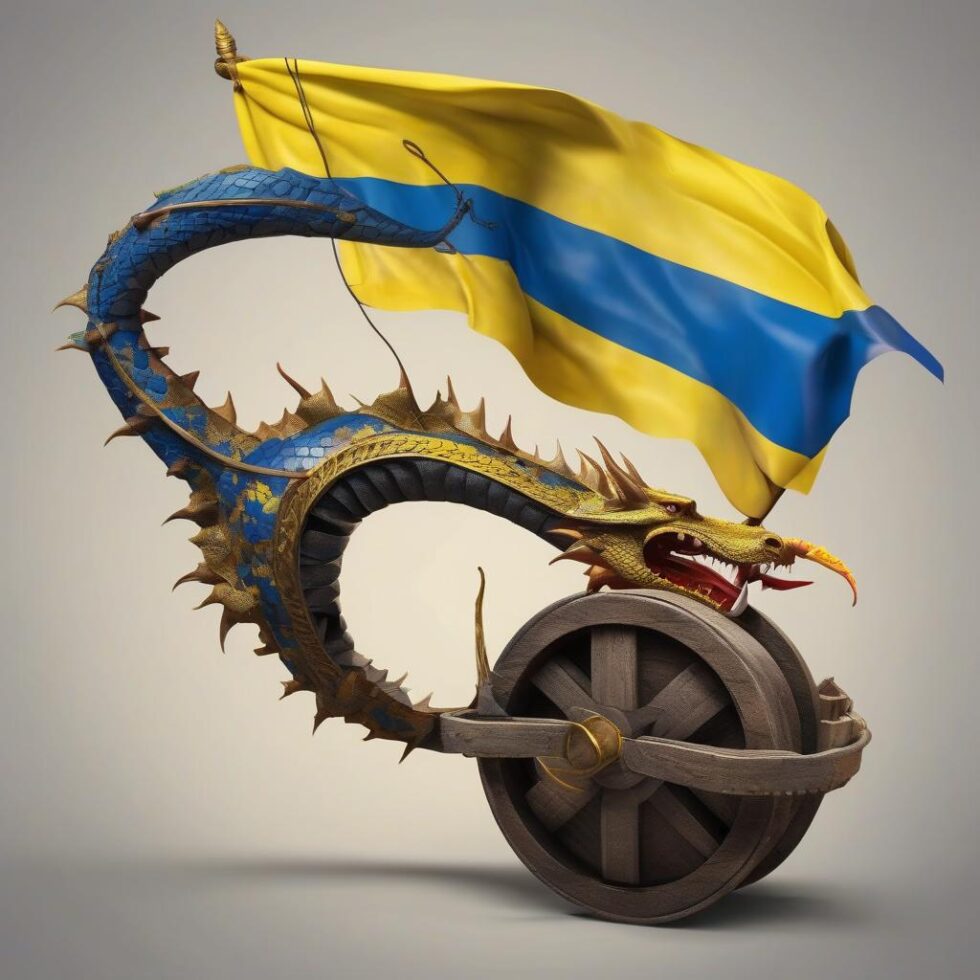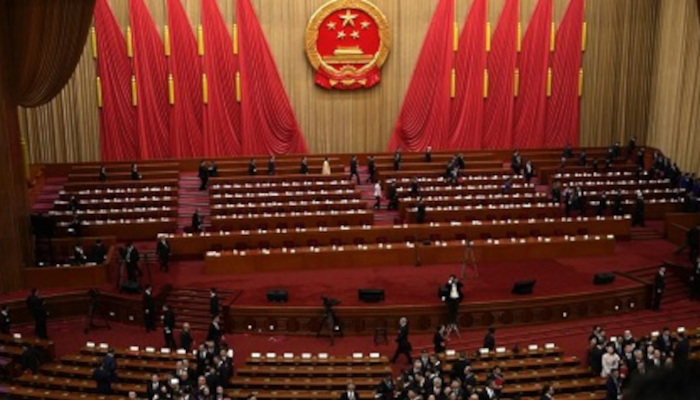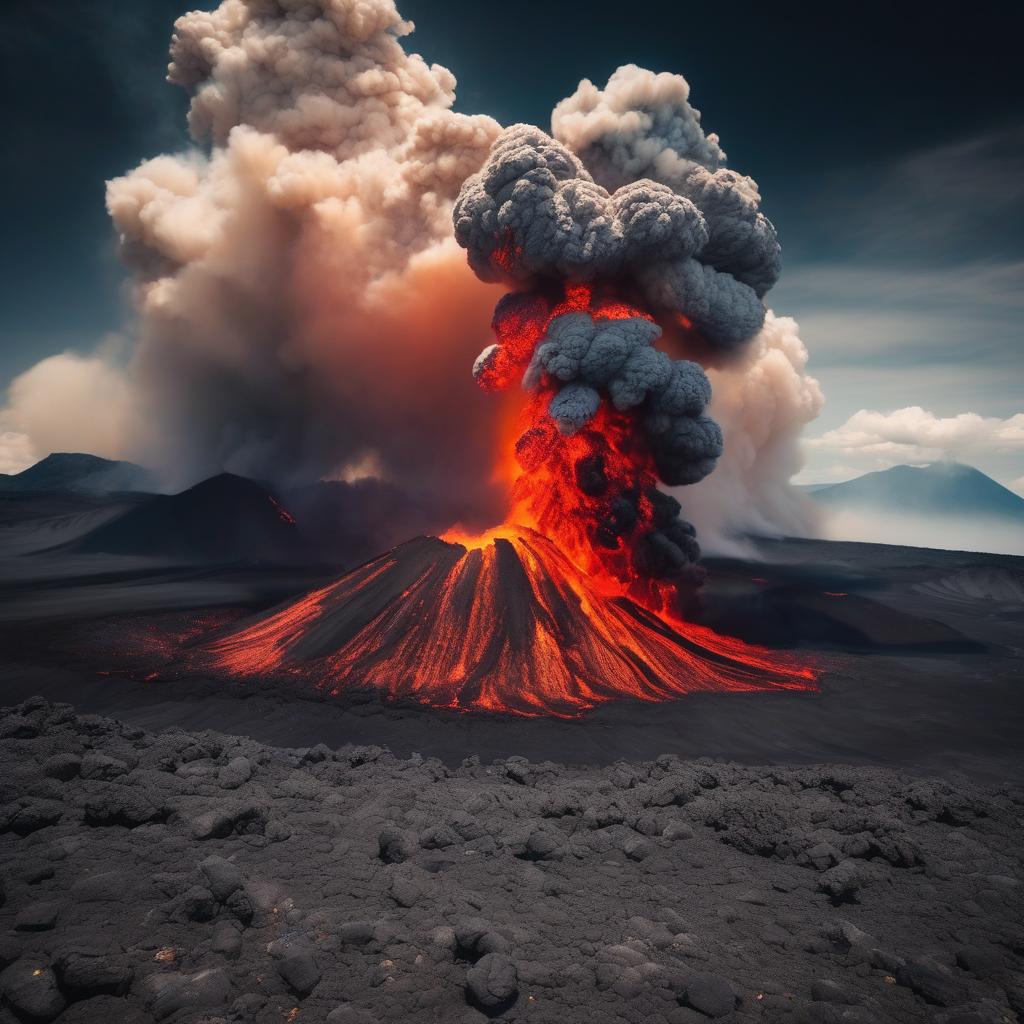
Ukraine is Beijing’s biggest quagmire, and there is no easy way out. A Russian victory is unlikely, and a prolonged war would bleed China politically and economically—unless the Western political front collapses, mesmerized by its ghosts. But then it’d be a different story.
Chinese Foreign Minister Wang Yi reportedly told the EU’s top diplomat on July 2 that Beijing did not want to see a Russian loss in Ukraine because it feared the United States would then shift its focus entirely to China. (see here)
If it’s correctly reported, and there has been no Chinese rebuttal of the article, Wang Yi may misunderstand or misrepresent the actual dynamics of China’s involvement in the war. Still, the statement gives us a glimpse into Chinese torment.
If Russia wins the war, the fighting ends, and the US will still focus on China anyway. Therefore, China objectively has no interest in fully supporting Russia to achieve victory.
But as long as the war continues, the US cannot focus too much on China. So, China has a vested interest in prolonging the conflict. A longer war gives China more room to maneuver and greater flexibility.
However, if China supports a long war, it’ll wear down its ties with Russia, as Russians are suffering—and would suffer even more—in a protracted conflict. Whatever Russian President Vladimir Putin may say, Russians won’t be happy, and that will impact Putin himself.
China is stuck in an uneasy position and perhaps doesn’t know how to get out of it. There’s no painless way out.
China is back to square one. Although indirectly, it’s caught in a war it doesn’t control—one that bleeds Beijing politically and possibly economically—and the US could decide that a conflict in Ukraine against Russia might be the perfect way to focus on China without explicitly saying so.
All thanks to China’s gross miscalculation in supporting Putin, the ultimate loser of this game.
China should extricate itself from this mess as soon as possible to limit its damages, but the US has little to no interest in helping China out of this predicament. Regardless of how the war turns out, the US can claim victory—unless it makes a disastrous mistake itself.
Siding with Putin won’t earn Russia’s trust or allegiance, but it will sour ties with Ukraine, Europe, and all its allies.
What Victory?
Furthermore, there should be a clearer definition of what it means for Russia to win the war.
At the beginning of the conflict, Russia’s goals were to seize control of Ukraine, weaken NATO, and push the US out of European affairs.
None of these goals are realistically achievable now. NATO has two new members, and all members are increasing military spending. NATO is stronger than at any point during the Cold War. The US is more involved in European affairs than ever. Ukraine now has the strongest army in Europe, much stronger than at the start of the war.
So, what could Russia gain to boast about as a victory? Possibly some territorial concessions. But even if these are significant, they might not be enough to prevent a post-war backlash. After WWI, even victorious countries faced revolutions because the gains weren’t enough, people were grieving, exhausted, and traumatized by millions of dead, and plenty of distraught and unstable veterans roamed the streets.
Can a victorious Russia avoid such chaos? What kind of narrative will Moscow craft, and how effective can it be? One can only wonder.
Surely, Ukrainians could face some of the same problems. But in theory, their government has more tools to turn the tide—arguing realistically that this war has created a nation, an army, and a broader geopolitical role. Ukraine is no longer just a border between Russia and Europe but, perhaps as initially intended, the border between Europe and Russia.
Then, what does Wang Yi mean by Russian victory? Possibly a settlement Russia finds acceptable. But even then, it will be a compromise—liable to spark disputes within Russia once the war is over.
Will the US get involved? Not necessarily.
We’re back to the starting point: China is stuck in an impossible situation. Of course, it’s worse for Russia. Perhaps it would be safer for Beijing to cut Russia loose.
What are the costs for Europe and the US? Some arms supplies (but their quantities hardly dent Western economic performance) and a few ghosts in their collective conscience. For the rest: nothing but a long list of upsides. There’s no reason to fret, and the real choice should be: 順其自然—let nature take its course.
Trump’s Wild Card
There’s a Western fear that support for Ukraine might falter. If it does, there could be a Ukrainian collapse. But if support fails, it’s a different scenario: Russia will have won—supported by Russia, North Korea, China, Iran, the United States, and Europe. Then, it wouldn’t just be about Ukraine’s collapse, but about a collective Western change of heart regarding Russia and Ukraine. But that would require convincing many countries, starting with Poland and Finland. If that happens, it would spell the end of Western alliances and values across Europe, Asia, and the world.
Will US President Donald Trump go that far? And will Europe docilely oblige Moscow and Washington? Although Trump has made some controversial statements about this issue, it’s doubtful he would endorse a total collapse of Western alliances. Or, if that were to happen, we should be discussing America’s future, not just Ukraine’s. (see also here).
The core idea is that if Putin needs American (the archenemy, according to Russian propaganda) help to win, then he’s a loser.
Without that change of heart, continuing as things are, a total Ukrainian collapse seems unlikely. The situation on the front lines remains challenging; the Russians are advancing, but in three years, they haven’t managed a decisive breakthrough. And even if they did, would they control Kyiv while everyone simply accepts it? One wonders.
(This article was written based on an exchange with David Yang, an American consultant based in Washington.)









